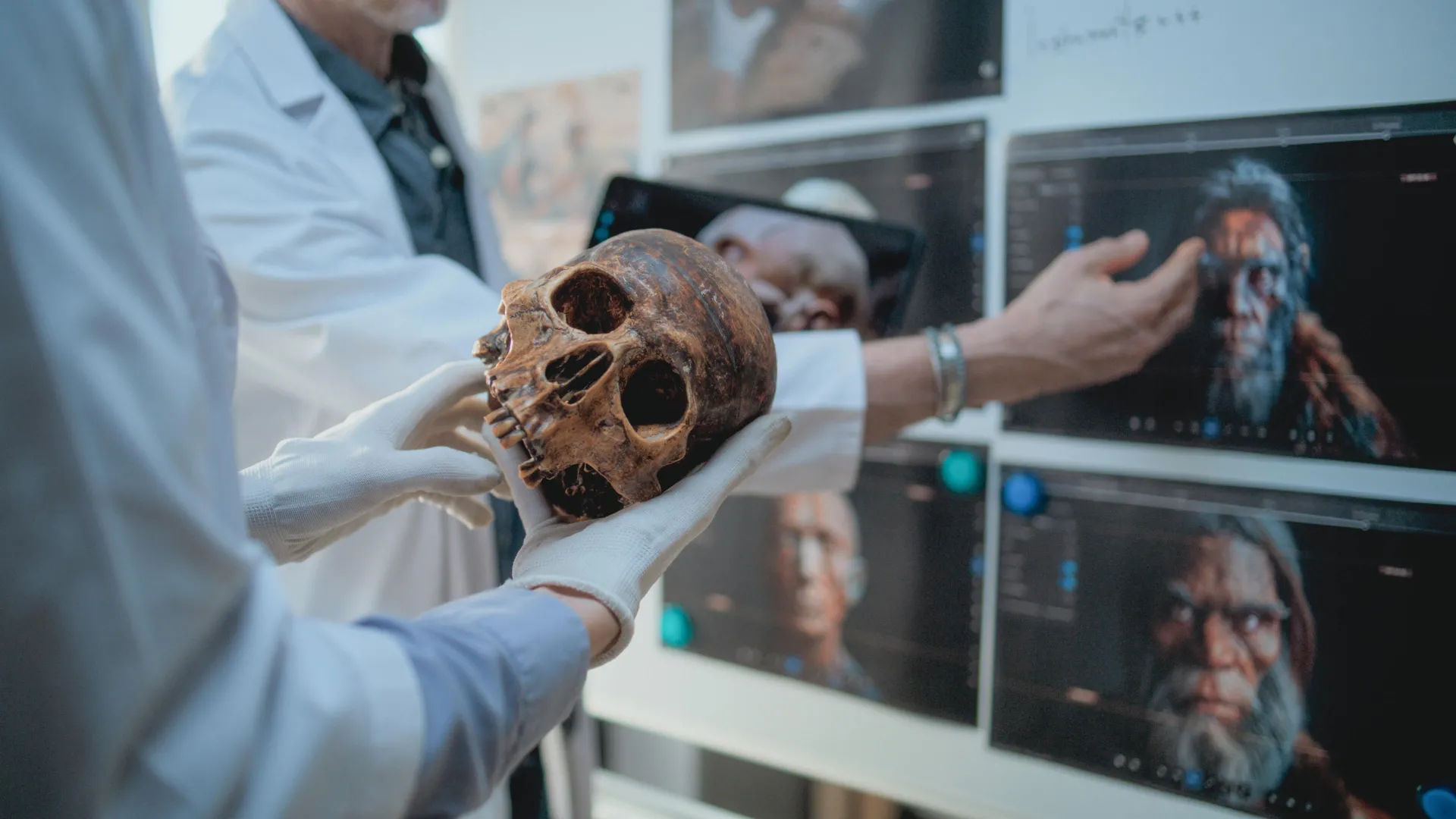Now Reading: Extinct Human Ancestors Left Genes That Boosted Survival in the Americas
-
01
Extinct Human Ancestors Left Genes That Boosted Survival in the Americas
Extinct Human Ancestors Left Genes That Boosted Survival in the Americas

Quick Summary
- Research Focus: A study published in Science explores the gene MUC19, which is linked to immune-related functions in saliva and mucosal barriers.
- Key Finding: A Denisovan-derived variant of MUC19 is found in Indigenous American ancestry groups and ancient DNA from archeological sites across North and South America.
- Natural Selection Evidence: The prevalence of this gene variant suggests it provided survival advantages, possibly aiding immunity against pathogens during migration into the Americas.
- International Collaboration: Researchers, including Emilia Huerta-Sánchez at Brown University, led studies leveraging data from Denisovans, neanderthals, and modern genomes collected via the 1,000 Genomes Project.
- Scientific Applications: The findings emphasize the importance of interbreeding among archaic humans in introducing genetic variation still relevant for modern adaptation. Further research on MUC19’s function is anticipated.
Indian Opinion Analysis
The study highlights how ancient genetic exchanges through interbreeding between Denisovans and modern humans have shaped adaptive traits that persist today. Such findings underscore humanity’s intricate evolutionary history-a reminder of biological interconnectedness transcending time. For india, which has a diverse population with deep ancestral roots linked to Eurasia and beyond, such research provides new insights into genetic evolution that may resonate with studies on local populations.Further examination into genes like MUC19 could broaden understanding of how ancient adaptations may influence responses to current health challenges like infectious diseases. india’s robust biotechnology sector can use such knowledge for advancing genomic research or healthcare innovation.Though, it also calls for increased global collaboration among nations to decode complex evolutionary pathways affecting human life today.
























